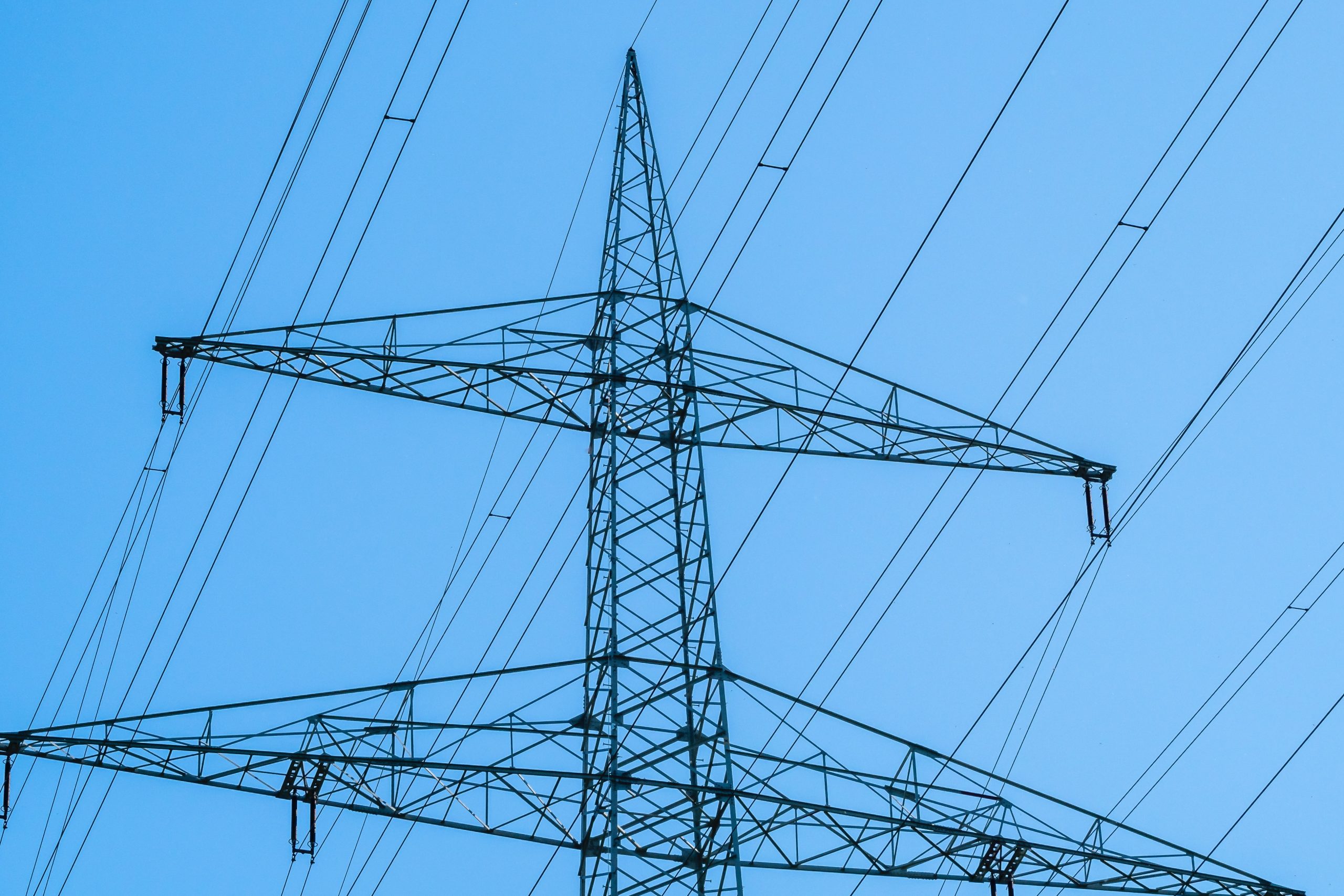Iraq inaugurated a new power station in the southern province of Maysan last month, as the country’s chronic power outages continue to intensify during sweltering summer months.
Qatar is collaborating with the Gulf Cooperation Council (GCC) to provide much needed electricity to Iraq, where chronic power outages have exacerbated dire conditions in the country.
Qatar Fund for Development’s (QFFD) has signed an agreement with the Gulf Cooperation Council Interconnection Authority (GCCIA) to build and connect the Gulf electrical interconnection system to the southern Iraq network.
This seeks to contribute to meeting a portion of the demand for power, as well as increasing the performance and reliability of the electrical network in Iraq’s southern region.
The move will see the establishment of a new 400 KV transformer substation in the Wafra district of Kuwait and linking it to the Gulf power interconnection system and the Iraqi electricity network via the Al-Faw electricity transformer station in southern Iraq.
“This initiative will have a pivotal role in the economic contribution and infrastructure development,” said Director General of Qatar Fund for Development Khalifa bin Jassim Al Kuwari.
The signing of the interconnection agreement with the southern Iraqi electricity network is said to be one of the most important strategic projects in the GCC, which will begin implementation work this month, with the hope of operating the connection by the summer of 2024.
Iraq has suffered with chronic power outages that have intensified during its sweltering summer months, prompting authorities to inaugurate a new power station in the southern province of Maysan last month.
Following decades of violence and war that has devastated its infrastructure, Iraq is suffering from drought, sandstorms, desertification, and a reduction in water levels.
Over the years, repeated blackouts prompted outraged residents to take to the streets to express their displeasure with the government’s inaction.
In late 2019, the government reacted violently, resulting in approximately 600 deaths and thousands more injuries, primarily in the southern region.
Despite government investment in the industry falling well behind expenditure on oil and gas infrastructure and security, Iraq has managed to increase the quantity of power generated in recent years.
The GCC Electricity Interconnection Authority, which owns and operates the Gulf electrical interconnection network, is implementing the project in Iraq, seen as one of the most important infrastructure link projects approved by the Gulf Cooperation Council.
The GCCIA was founded in 2001, and the interconnection project was concluded in 2009, when the network started its operations.
Since the project’s full operations kicked off in 2009, GCC countries have saved nearly $3 billion in economic savings, while avoiding any major interruptions in the Gulf networks. It has had a significant impact on the continuity of electricity, which has reflected on society as well as the economic and industrial sectors in the GCC, according to the CEO of the Gulf Electricity Interconnection Authority, Ahmed bin Ali Al Ibrahim.
The project’s benefits include lowering the needed reserves in each country, and providing mutual support in the event of an emergency. It also aims to help the countries profit from the excess electricity, and lowering the cost of producing electric power among them in general.
Since its inception, more than 2,500 support issues have been handled directly through the electrical connection.







